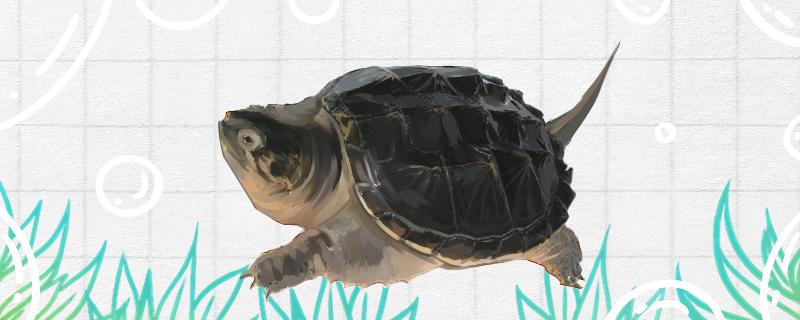 1. Can crocodile turtles hibernate
1. Can crocodile turtles hibernate Adult crocodile turtles hibernate. Although they didn't have the habit of hibernating when they were in their place of origin, they can't reach above 20 ℃ in winter in most parts of China. When the temperature is lower than 15 ℃, they will enter hibernation. In addition, crocodile turtles can have a better rest after hibernation. However, it is better for young snapping turtles not to hibernate, because their resistance and immunity are relatively low. If they go into hibernation directly, they may get sick or freeze to death. After entering winter, breeders need to use heating rods to keep the water temperature above 20 ℃, so as to ensure that they can move normally.
2. How do crocodile turtles hibernateBefore entering hibernation, crocodile turtles will consume more food. If breeders want them to hibernate, they must first feed them more nutritious food. After they go into hibernation, breeders need to lower the water level. It is best to control the height of the water level below the abdominal armor. You can also prepare a wet sand for them. Although crocodile turtles have strong adaptability, they should also pay attention to the temperature when entering hibernation. The temperature of crocodile turtles during hibernation should be controlled between 5-10 ℃, and the minimum should not be lower than 3 ℃, otherwise they will freeze to death.